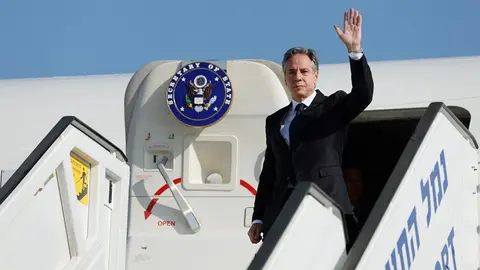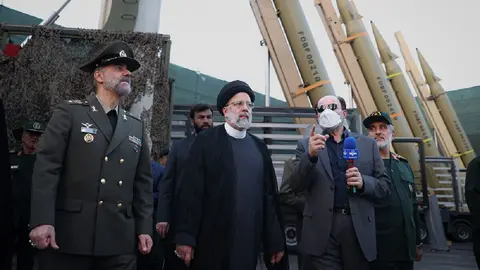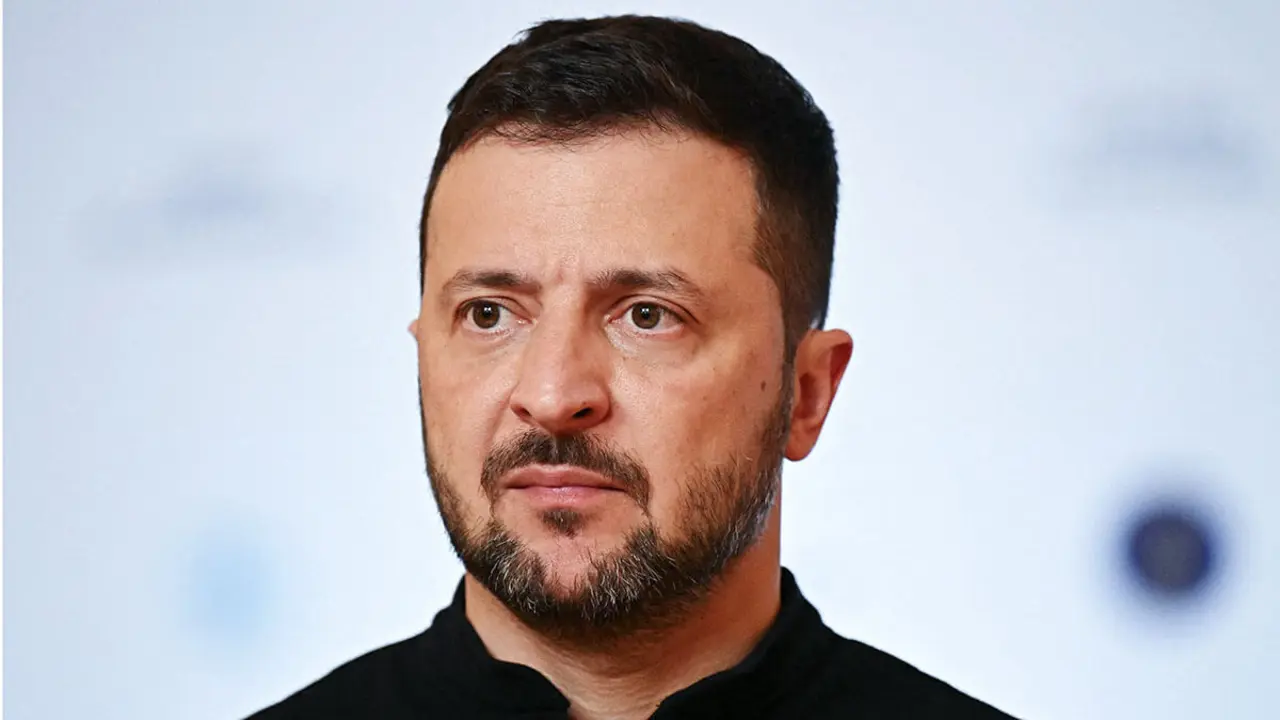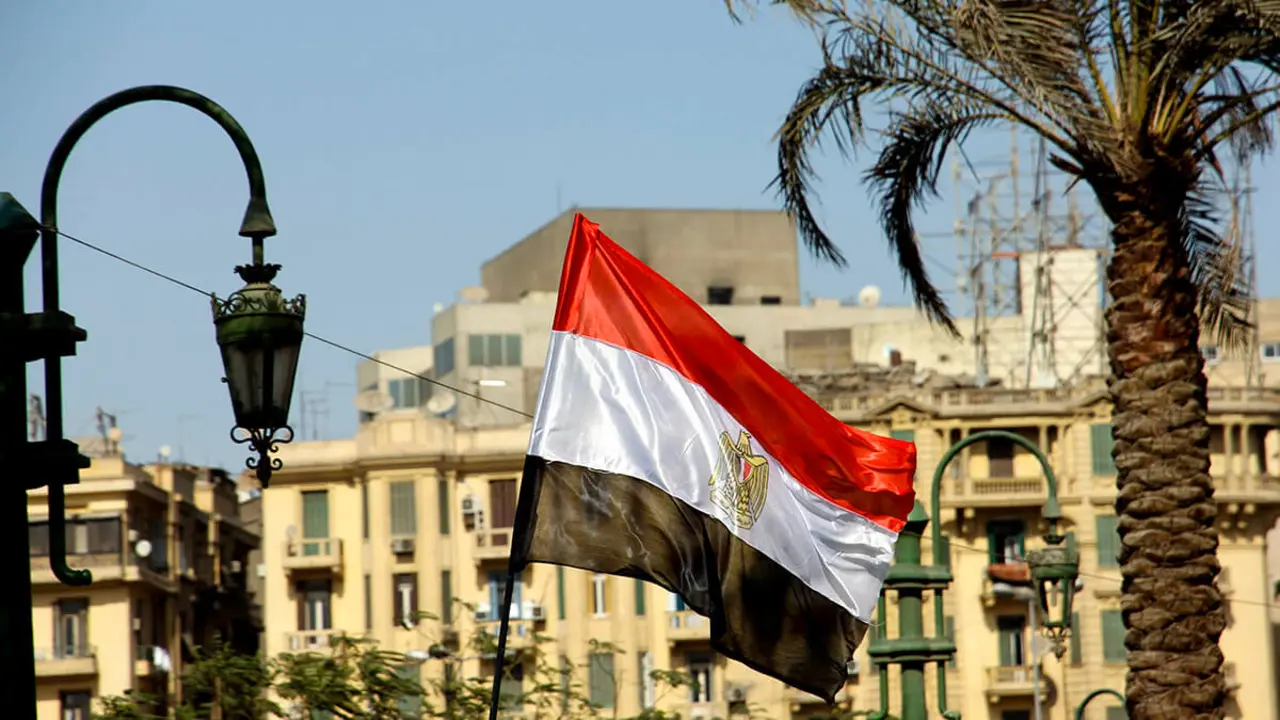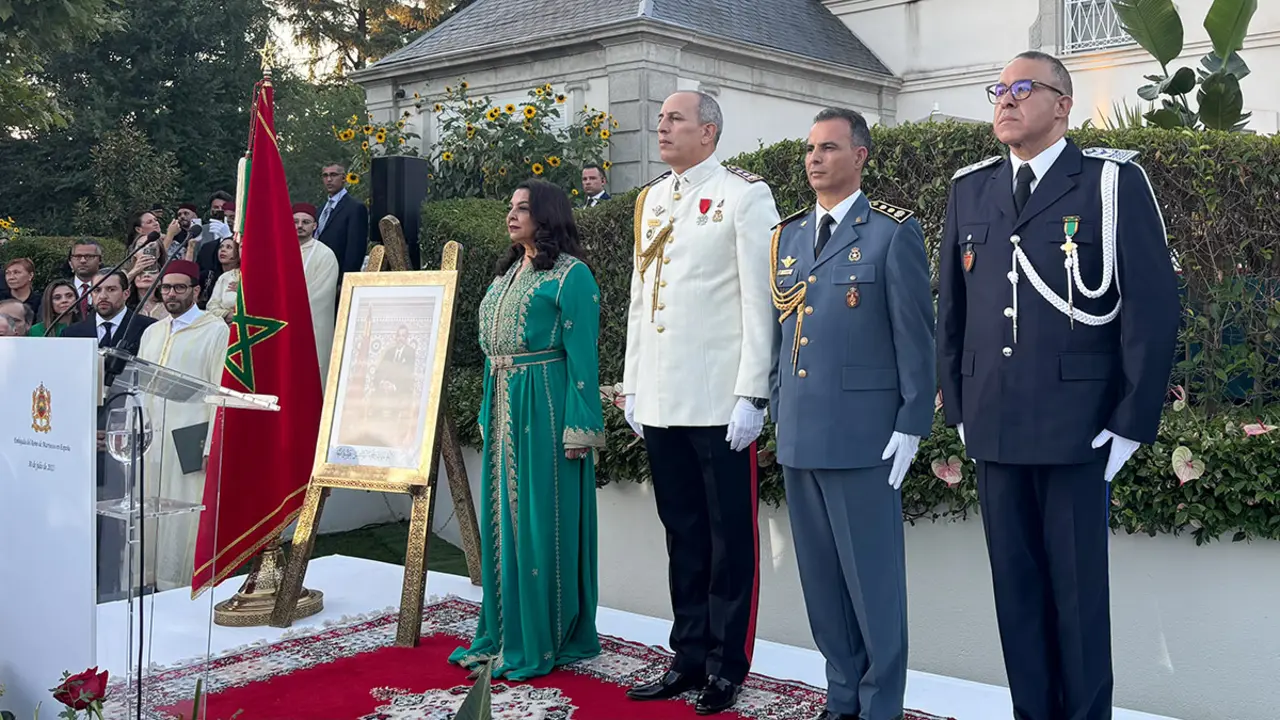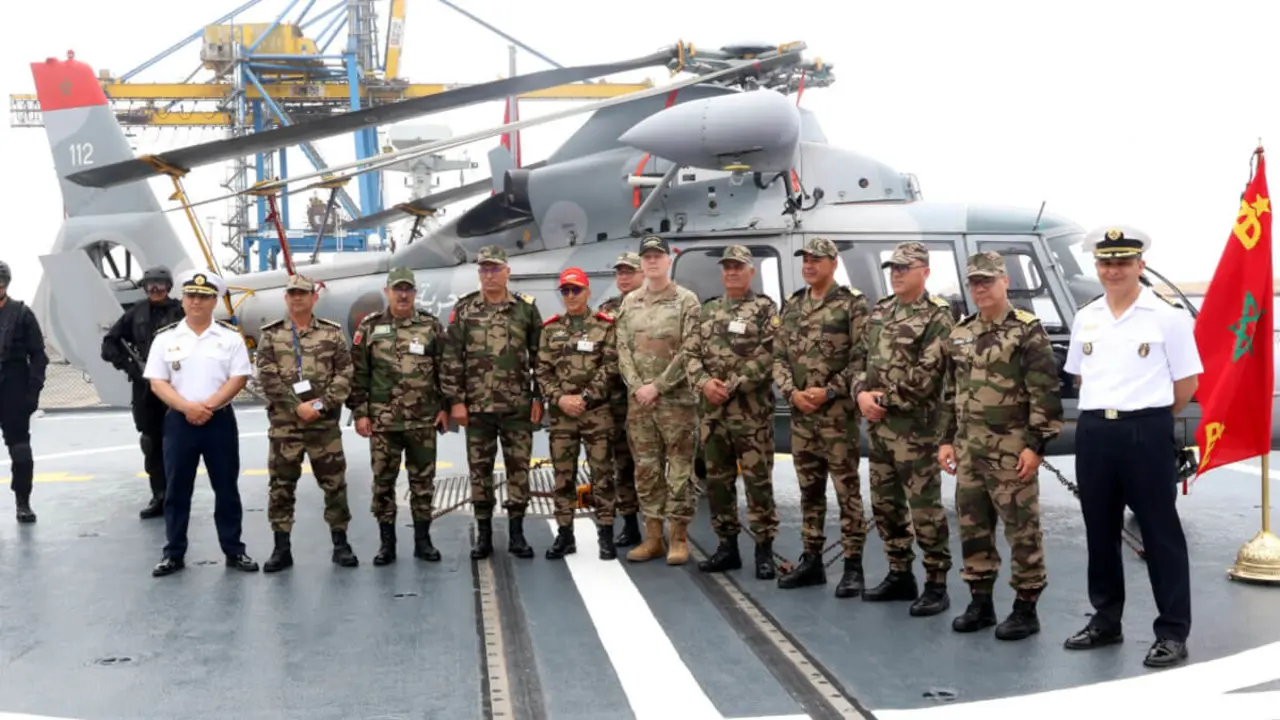Al-Quds Brigades, Israel's other challenge in Gaza

Israel's current war in the Gaza Strip, which began on 7 October following Hamas's air, sea and land invasion, is primarily aimed at rescuing the more than 200 hostages and putting an end to the terrorist group. So far, the Hamas-initiated conflict has left more than 1,400 casualties in Israel and more than 9,000 in the Palestinian enclave, according to Hamas-controlled authorities in Gaza.
After weeks of launching air strikes on Gaza and urging Gazans in the north of the territory to move south, the Israel Defence Forces (IDF) is now carrying out its ground offensive. So far, 25 Israeli soldiers have been killed during the fighting with Hamas, while dozens of members of the Islamist organisation, including commanders, have been eliminated.
However, while Hamas may be Israel's main target in the current war, it is not the only terrorist group in the Gaza Strip that launches missiles at Israel and plans attacks against Israeli civilians and soldiers.
Another organisation aiming at Israel's destruction is the Palestinian Islamic Jihad, funded - like Hamas and Hezbollah - by the Islamic Republic of Iran. Its military wing, the Al-Quds Brigades, is the largest armed group in Gaza after Hamas's Izz al-Din al-Qassam Brigades. In addition to the Palestinian enclave, Palestinian Islamic Jihad and its brigades are also present in the West Bank, where they cooperate with the Al Aqsa Martyrs Brigades of Fatah - the ruling party in the Palestinian territories - and the Hamas Brigades.

Although the focus in recent weeks has been primarily on Hamas and its actions, the Palestinian Islamic Jihad's Al-Quds Brigades are also playing a prominent role in the current war. Indeed, shortly after Hamas' invasion of southern Israel and Jerusalem's subsequent declaration of war, the Al-Quds Brigades claimed responsibility for an attack on the Lebanon-Israel border, claiming it was part of the 'Al-Aqsa Storm', the name they have given to the operation against Israel.
The Al-Quds Brigades are also responsible for rocket and missile fire from Gaza into Israel, not only during this war but in past operations. The Israeli army, for its part, has also carried out offensives against Gaza aimed at eliminating Palestinian Islamic Jihad commanders and leaders, such as last May's Operation Shield and Arrow, which began after hundreds of rockets were fired into Israel.

In addition to its attacks from Gaza and southern Lebanon during the current conflict, Palestinian Islamic Jihad has also announced that it is holding 30 of the more than 200 hostages kidnapped in Gaza and has threatened Israel with more attacks similar to those of 7 October. "The Zionists do not know what we have prepared for them. What they saw on the Gaza border they will see elsewhere," warned Abu Hamza, spokesman for the Al-Quds Brigades, during the first days of the conflict.
Meanwhile, as the war intensifies in the Palestinian enclave, tension and violence is rising in the West Bank, especially in Jenin. In this Palestinian town, particularly in its refugee camp, the Al-Quds Brigades enjoy great influence and is often the scene of fighting between the armed wing of Palestinian Islamic Jihad and Israeli forces.
Since the beginning of the war, the IDF has carried out numerous raids in the West Bank resulting in more than 1,180 arrests, including some 740 Hamas affiliates. In addition, according to the PA Ministry of Health, at least 122 Palestinians in the West Bank have been killed since 7 October.

"No bullets are fired from Gaza without the knowledge of Hamas"
Like Hamas, Palestinian Islamic Jihad was established in the 1980s as a radical Islamist movement to fight Israel. Its founder, Fathi Shaqaqi, was born into a refugee family in Rafah in southern Gaza and received his primary education at a UN school. Over the years, Shaqaqi began to be influenced by Hassan al-Banna, father of the Muslim Brotherhood, as well as by the Islamic Revolution in Iran. He was assassinated by the Israeli intelligence agency Mossad in Malta in 1995.
Both Palestinian Islamic Jihad and Hamas have opposed any negotiations or peace talks with Israel, although they also share certain differences, for example in their foreign relations. Although Iran is the main ally and promoter of both, Hamas has in recent years sought to improve relations with Arab or Muslim states such as Turkey, Egypt and Jordan, while Islamic Jihad has focused exclusively on strengthening ties with Tehran.

Moreover, as Isabel Debre of the Associated Press points out, in past escalations, Islamic Jihad, focused solely on military confrontations, had the most to gain from violence with Israel, while Hamas, as the de facto civilian government, had the most to lose at the time.
On the other hand, according to analyst Marwan Shehadeh - quoted by The National - despite ideological and political differences, Islamic Jihad has traditionally yielded to Hamas on military matters. "No bullets are fired from Gaza without Hamas's knowledge," he says.

